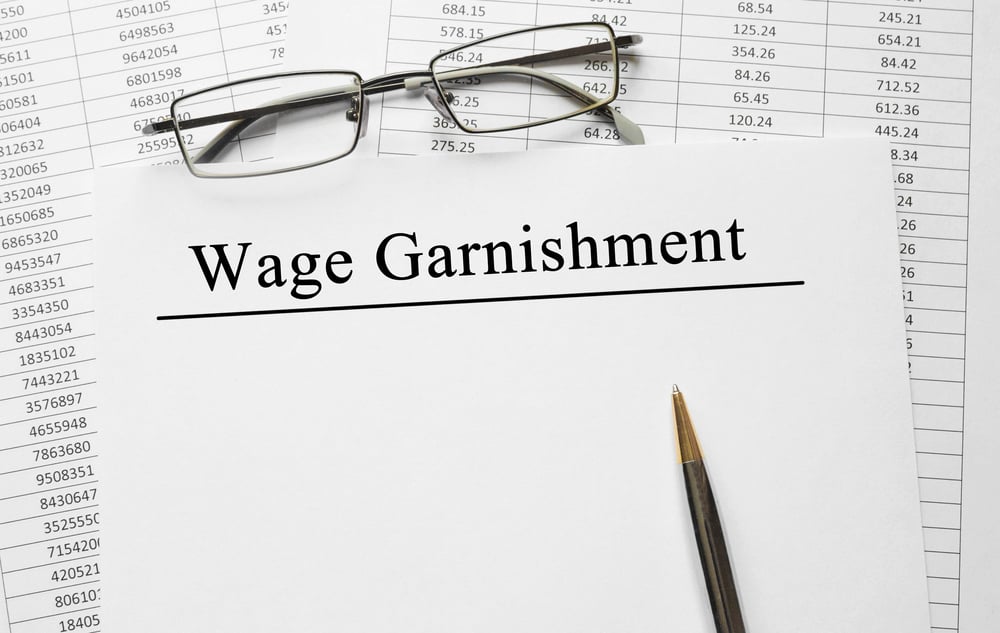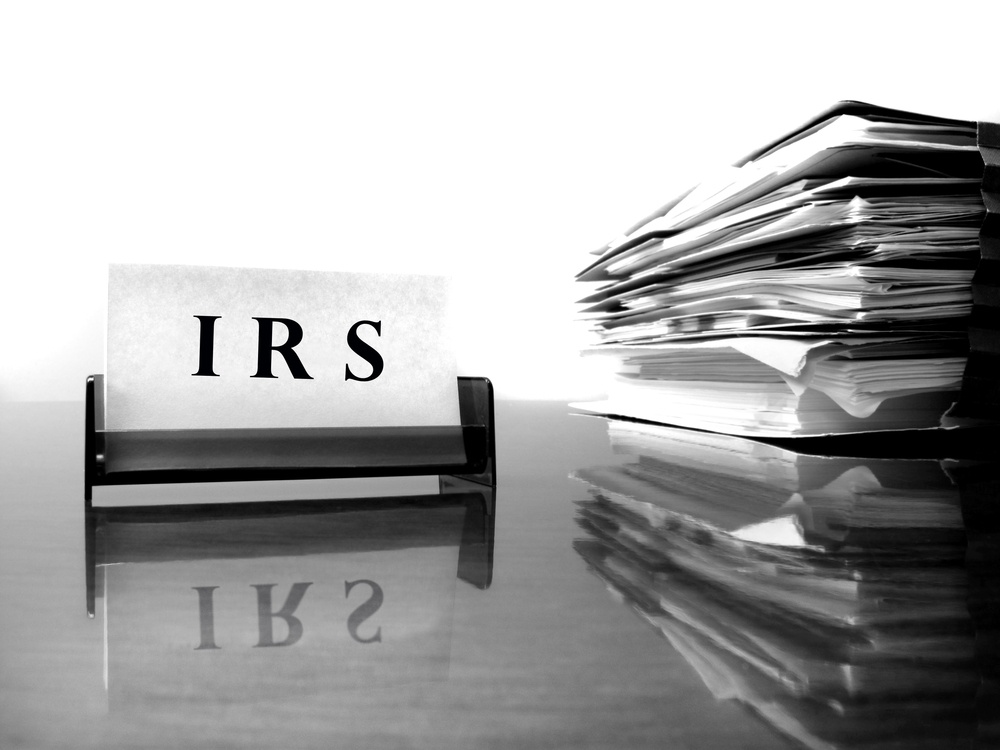Many university students need to take out student loans to pay for their tuition, books, and other school-related expenses. As helpful as these loans are, they also require that borrowers pay them back in due time after graduating or leaving college.
When you fail to make payments or you default on your loans entirely, you invite the federal government to collect on your debt with other means. You can protect your finances and take control of your loans by learning more about student loan garnishments.
Wage Garnishment and Student Loans: What You Need to Know
Understanding the Duties and Limitations of an IRS Revenue Officer
The IRS employs a variety of professionals whose sole purpose is to collect on delinquent taxes, penalties, and other monies owed to the government. IRS revenue officers play a central role in the collection process. When you owe money to the IRS, it is important that you learn what a revenue officer is and what duties and limitations this individual has when collecting on your obligation.
Read More >Four Details to Know about the IRS Collection Time Frame
When you owe the IRS a large sum of money, you may fear that you will never outlive the debt. You may foresee a future of payments that extend well into your middle age or retirement. Before you despair of being clear of your back taxes, you should understand these four important aspects about the IRS collection time frame.
Important Facts to Know About Innocent Spouse Relief
Among the things that married couples share, their tax returns can be the most damaging if one spouse fraudulently or falsely reports information to the IRS. This person's actions could adversely affect the other spouse, who may be unfairly held liable for any money owed to the government.
Determining Your ACA Penalty Amount for 2016

The Affordable Care Act was passed to encourage Americans to purchase and maintain health insurance policies for themselves and their families. Since its passage, however, many people either refuse or cannot afford to buy coverage.
Read More >What Happens During a Wage Garnishment Hearing?

Creditors are ready to take whatever steps are necessary to collect on money that is owed to them. When you are unable to pay off a debt entirely, your creditor may petition the court to have your wages garnished.
Read More >Can I Have Two Wage Garnishments at One Time?
When you owe multiple creditors, you may find it difficult to keep up on payments and get your accounts paid off in full. Despite your best efforts to pay, your creditors may choose to garnish your wages.
Read More >Does the IRS Offer One Time Forgiveness?

Close to a million taxpayers owe the IRS money at any given time. While the IRS makes sincere attempts at collecting each penny owed to the government, in reality it does not have the resources to pursue each individual debtor.
Read More >5 Benefits of Hiring an IRS Collections Defense Team

Many taxpayers would never entertain the idea of going up against the IRS alone. They know that in most cases they would never win such an uphill battle to resolve their tax debt.
Read More >Does Removing a Tax Lien Affect Credit?

Having an IRS tax lien on your credit record can be devastating. Because it can stay on your record up to seven years after you pay off or settle the amount, you may have a difficult time getting financed for loans, credit cards, and other financing.
SUBSCRIBE VIA EMAIL
POSTS BY TOPIC
- Tax Tips and Help (285)
- IRS Collections (121)
- IRS Audit (72)
- Tax Credits and Deductions (70)
- Tax Resolution (62)
- Business Taxes (54)
- Back Taxes (48)
- Wage Garnishment (21)
- Tax Levies (19)
- IRS Payment Plans (15)
- Tax Liens (14)
- Offer in Compromise (9)
- Unfiled Tax Returns (9)
- IRS Tax Attorneys (7)
- Asset Seizure (6)
- Tax Evasion (6)
- Criminal Tax Defense (4)
- Innocent Spouse Relief (4)
- Alimony (1)






